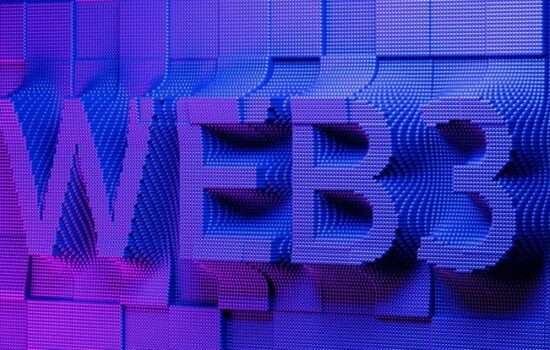Web3 technologies have the power to completely change how Africans engage with financial systems, opening up credit and facilitating cross-border trade. Anybody, regardless of geography or socioeconomic background, can have access to a more equitable financial system through decentralised wallets and other Web3 applications
Overview of the current state of the African economy
The African Economic Outlook 2023 report by the African Development Bank Group highlights that African countries are dealing with multiple shocks, including the effects of the COVID-19 pandemic, disruptions to global supply chains due to Russia’s prolonged invasion of Ukraine and a tightening of global financing conditions.

The UN World Economic Situation and Prospects (WESP) 2024 report predicts that the continent’s economic growth is expected to quicken slightly, with average GDP possibly inching up to 3.5%. The report also highlights that Africa has witnessed a remarkable surge in blockchain funding, with a staggering 1,668% increase in 2022. Kenya, Nigeria, and South Africa lead the charge in Web3 adoption on the continent.
Uncertainty surrounding regulations is another significant barrier to Africa’s Web3 progress. Potential consumers and investors are hesitant about Web3 technologies because there aren’t any clear, well-defined restrictions governing them. Building trust and stimulating investment in the Web3 landscape requires the establishment of a regulatory framework that strikes a balance between innovation and consumer protection.
Despite these challenges, Africa’s potential for a Web3 boom in 2024 and beyond is undeniable. Factors such as its youthful demographic and volatile currency make it ripe for Web3 adoption.
Web3 applications that can revolutionize Africans

Without the need of middlemen like banks, decentralised wallets can offer a transparent and safe means to store and move money. Those who reside in rural places or do not have access to standard financial services may find this to be especially helpful. Those who have been shut out of traditional banking systems can also obtain credit and other financial services through Web3 applications.
RippleNet is one Web3 application that has the potential to completely transform international trade. A decentralised international payments network called RippleNet makes it possible to send money across borders quickly and affordably. It makes it simpler for individuals to send and receive money across borders by facilitating transactions across various currencies and nations using blockchain technology. Stellar, a decentralised platform that facilitates cross-border payments and transfers, is another illustration.People can send and receive money in a variety of currencies using Stellar’s network, which facilitates participation in the global economy.
Importance of establishing a regulatory framework
Establishing a regulatory framework that balances innovation with consumer protection is crucial to fostering trust and encouraging investment in the Web3 landscape. Regulatory uncertainties are a major obstacle in Africa’s Web3 journey. The absence of clear, well-defined regulations surrounding Web3 technologies creates hesitancy among potential users and investors.
To address these challenges, African countries need to establish a regulatory framework that balances innovation with consumer protection. This framework should be designed to encourage innovation and investment while also protecting consumers from fraud and other risks. The framework should also be flexible enough to adapt to the rapidly changing Web3 landscape.
An instance of a regulatory obstacle confronting the African Web3 ecosystem is the absence of well-defined protocols for initial coin offerings (ICOs).Although initial coin offerings (ICOs) are a common means for Web3 firms to generate capital, a lack of clear regulations has made investors wary and hesitant. African nations must create precise ICO regulations that strike a balance between consumer protection and innovation in order to handle this issue.
The Web3bridge Programme Director, Israel Ayodeji Awosika, concurs, highlighting the difficulties in gaining education and knowledge for African developers. To address this, Cartesi.io and Web3bridge have partnered to provide an eight-week Cartesi masterclass in Nigeria in the beginning of January 2024.




